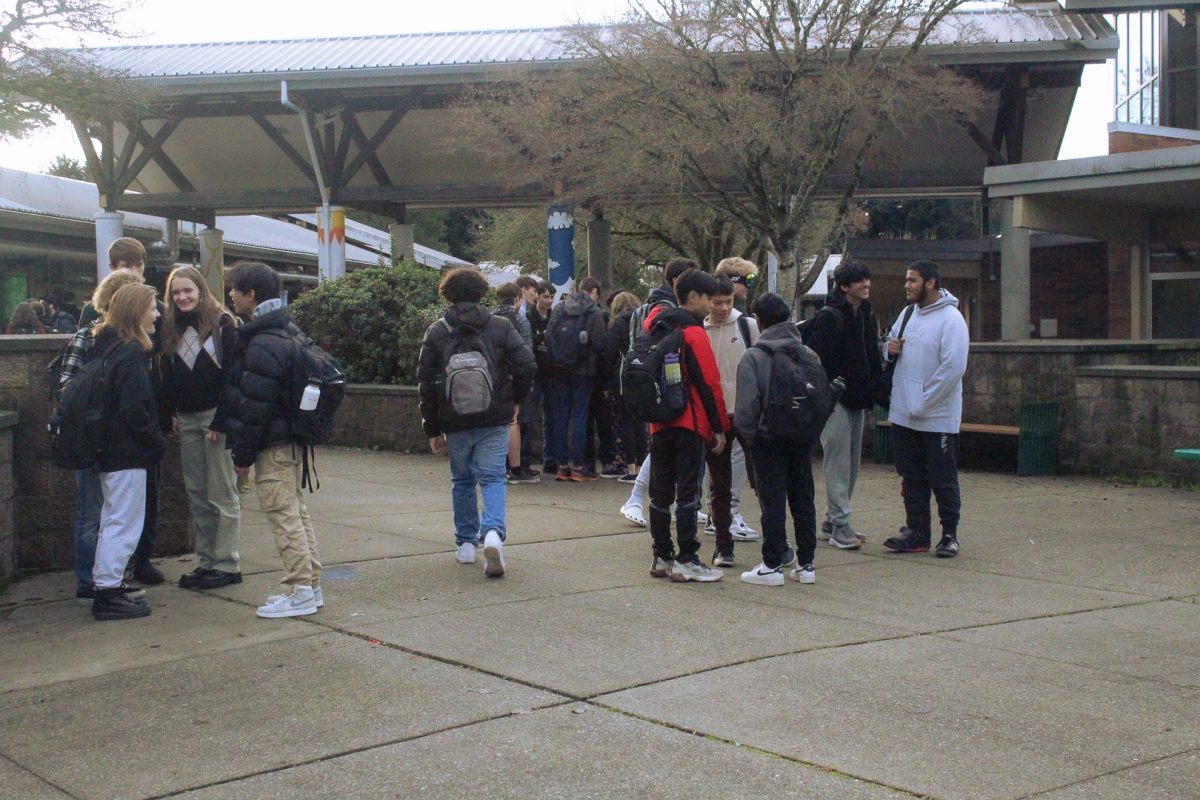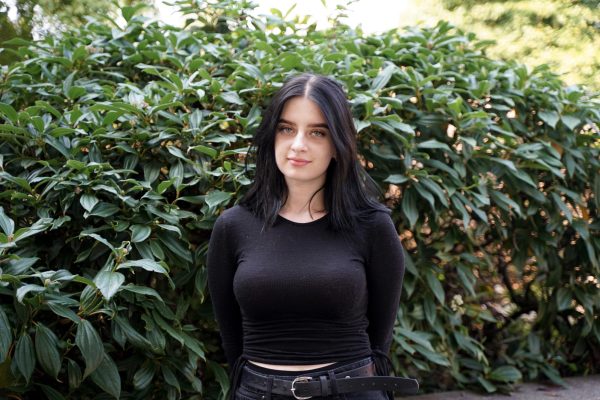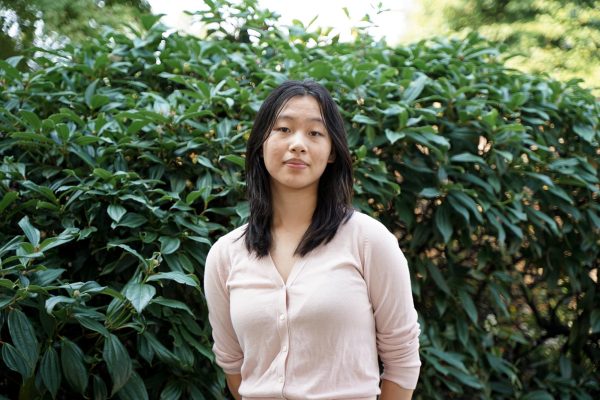As students move through high school, their social circles often evolve. Friend groups from middle school may disband and new bonds emerge. For students who change schools during high school, moving means adapting to a new set of social norms and structures.
Junior Kamila Savelyeva (she/her) moved from Belarus. She moved here when she was young, and struggled with the language barrier. She said it prevented her from making new friends and communicating in general.
“Sometimes in elementary school when I just transferred in and I was new, I struggled with finding people who had similar interests as me because I could not speak English very well,” Savelyeva said. “I speak better English now.”
After she entered high school, her spoken English and understanding began to improve. Savelyeva said it is easier to make friends in high school because there are clubs and friend groups. She said that this structure helps people find friends with similar interests.
“So throughout high school, you will probably go through a lot of different groups in order to find one that you fit in with good. Sometimes I have friends, but then they go off to do different things, so I find new friends that do the same thing as me and then we become friends,” she said. “In my new IB classes, there are lots of new people that I have not met before. So there’s lots of new friend possibilities, too.”
When students graduate, their social circles often break. Although some high school friendships last, students often feel that they will lose some of their close friends after they leave high school.
“I think that definitely my social circle will change. Some people that go to different colleges or are very busy, I will lose communication with, but the people who truly want to continue being friends with me will continue to talk with me and we will continue being friends,” Savelyeva said.
Sophomore Bradley He (he/him)* moved to Inglemoor from China in September. He also said the language barrier was the biggest obstacle to making friends.
“So in terms of the language barrier, one is that I communicate too little. I’ve found that I’m a little different from when I first arrived from China,” He said. “Environment really changes people. I’m always staying quiet and not having much to do for fun at home, just playing video games and chatting online. Just bored. No verbal conversation.”
He said he doesn’t have a lot of friends at school and rarely talks during the school day. Because of the time difference, He sometimes stays up all night talking to his friends in China.
“I’m from northeastern China; people from there are easy to talk to. Before I came here I met a friend in Anhui, China. We’ve known each other for four months, and I don’t even know what his name is,” He said. “So if we have good conversations, if we’re happy, then we’ll probably be friends. We don’t think too much of it. Here, I always feel like people ask for a lot of details: ‘what do your parents do, where do you live?’ and things like that.”
As a student who opted to go to Inglemoor instead of her geographically assigned school, freshman Jadie Huang (she/her) said she was pleasantly surprised by how quickly she made new friends.
“I am an introverted person, and it’s not the easiest for me to make friends like in middle school. I only had like one or two very close friends,” Huang said. “It was a little bit hard at first knowing only one other person in the grade, but I was very surprised at how quickly I made friends, and I have a whole group at lunch to sit with.”
Huang said joining the school soccer team helped her make friends quickly, especially because there was practice over the summer. She said that sharing interests with people helps her make friends.
“Sometimes I spot someone who’s reading a book that looks interesting or something I heard of before,” Huang said. “Or just people who show similar interests during my science class like ‘Oh you like space, too.’”
*Interview translated from Chinese by Claire Meng











